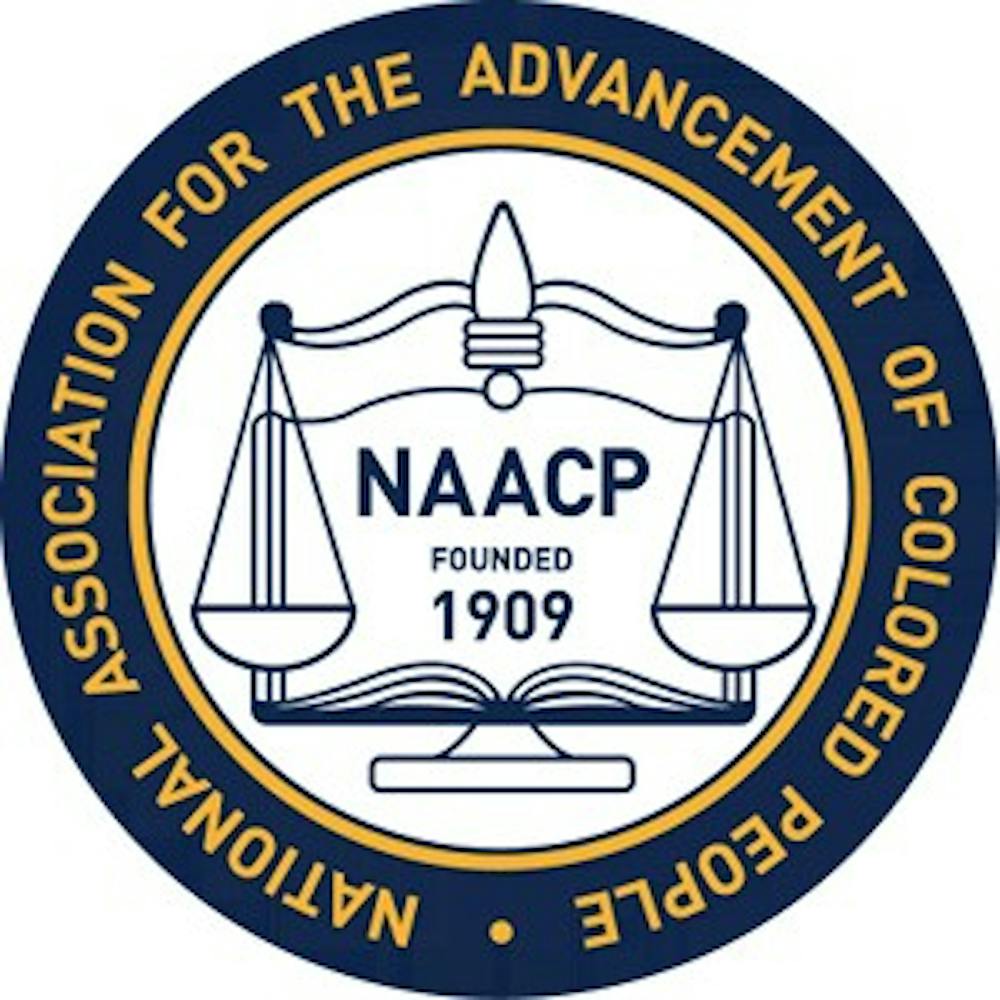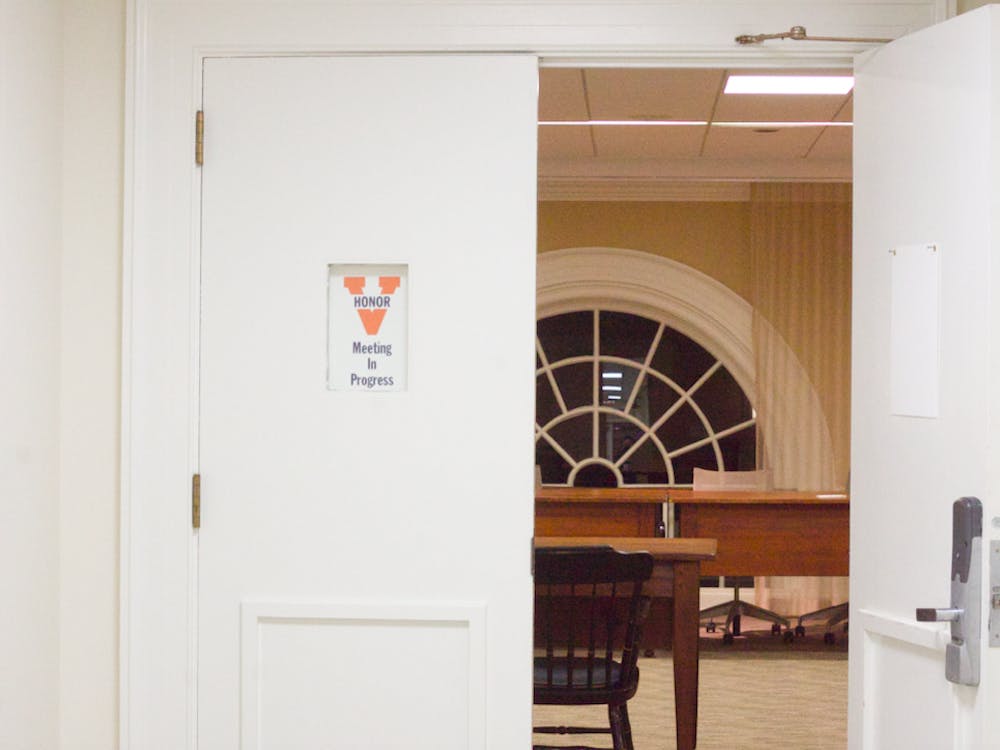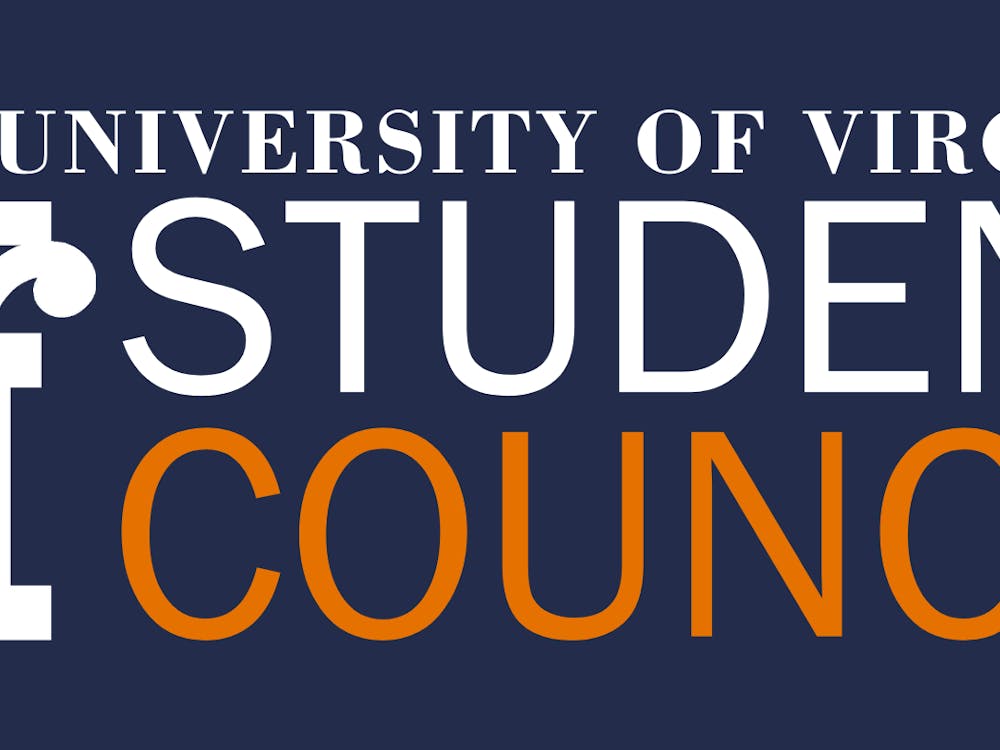Last week, Opinion writer Olivier Weiss penned a thoughtful and thought-provoking article on reparations. Weiss established why reparations are needed, created a solid moral and ethical case for reparations and prescribed further education and mobilization around the issue. That being said, there are issues with the way the problem is framed within the article. Weiss concludes his article with the contention that “once we have achieved unity of purpose, the policy will come.” This is well-meaning, but it ultimately misses the point around the current situation facing black America.
The truth is that African Americans have been demanding many of the same things for decades, and we should not have to wait for additional discussion and education. Weiss correctly cites black Americans have one-thirteenth the wealth of the median white household. Yet, it is important to realize that the dismal situation of black Americans does not simply come from historical injustices, but current ones as well. Schools have been re-segregated for decades. Many neighborhoods are even more segregated than they were 40 years ago and African Americans are still unable to find decent housing. Moreover, for all the current hand-wringing over the increase in white mortality, black mortality is still much, much higher than white mortality. And for all the think pieces which have been written over the decline of the white working class, the black middle class has barely recovered from the Great Recession and black unemployment is two times greater than that of whites. Some might also argue affirmative action serves as a form of reparations, but even this is unsatisfactory as white high school graduates still make more on average than African American college graduates. One might also cite family dynamics and culture, but black two-parent families have less wealth than white single parent households. All of these issues, housing, jobs, education and segregation — blacks took to the streets to demand action on decades ago. And yet, despite the immense changes that have taken place since the 1950s, they still persist as pressing problems for us.
Black America is bleeding. Reparations would be an important step to healing the wound, but first we must stop this bleeding. Weiss claims we must reach an understanding first, and that we cannot risk alienating people by calling them bigots. However, it is important to remember that Martin Luther King was a contentious figure until after his death. We cannot assume that if everyone were on the same page about racial injustice, then the policy would simply come. In “Where Do We Go From Here: Chaos or Community,” King also wrote the “deeper truth is that the call to prepare programs distracts us excessively from our basic and primary tasks. If we are seeking a home, there is not much value in discussing blueprints if we have no money and are barred from acquiring the land. We are, in fact, being counseled to put the cart before the horse.” The well-meaning but misguided call to put understanding before action is similarly flawed. A national discussion or investigation into reparations would be an immensely helpful step forward, but it is also far too easy to recognize that this action would stall.
There are direct policies we can enact right now. For instance, it would be easy to end mass incarceration and predatory criminal justice practices. Federal and state governments could stop the rising tide of segregation through stronger legislation or more desegregation busing. The Federal government could invest more in HBCUs instead of simply making empty promises. Congress could pass new provisions to the Voting Rights Act which would replace those struck down in Shelby County v. Holder. In my opinion, reforms such as these must either be concurrent to or come before reparations. A national reckoning with our historical legacies of oppression is important, and the transformations which would result from this would be extremely beneficial. But first we must end the ongoing oppression. Diagnostics are not enough. What we need first and foremost, is a movement, a transformation and a revolution. What such a movement would look like is similar to the NAACP’s Moral Mondays initiative — a highly successful, progressive and interracial movement in North Carolina. If we do not take action now and we continue to rely on empty platitudes such as understanding and education, we will continue to see more blatant disenfranchisement, such as in Texas and North Carolina, as well as suffering black communities.
Weston Gobar is an Opinion columnist for The Cavalier Daily. He may be reached at opinion@cavalierdaily.com.






